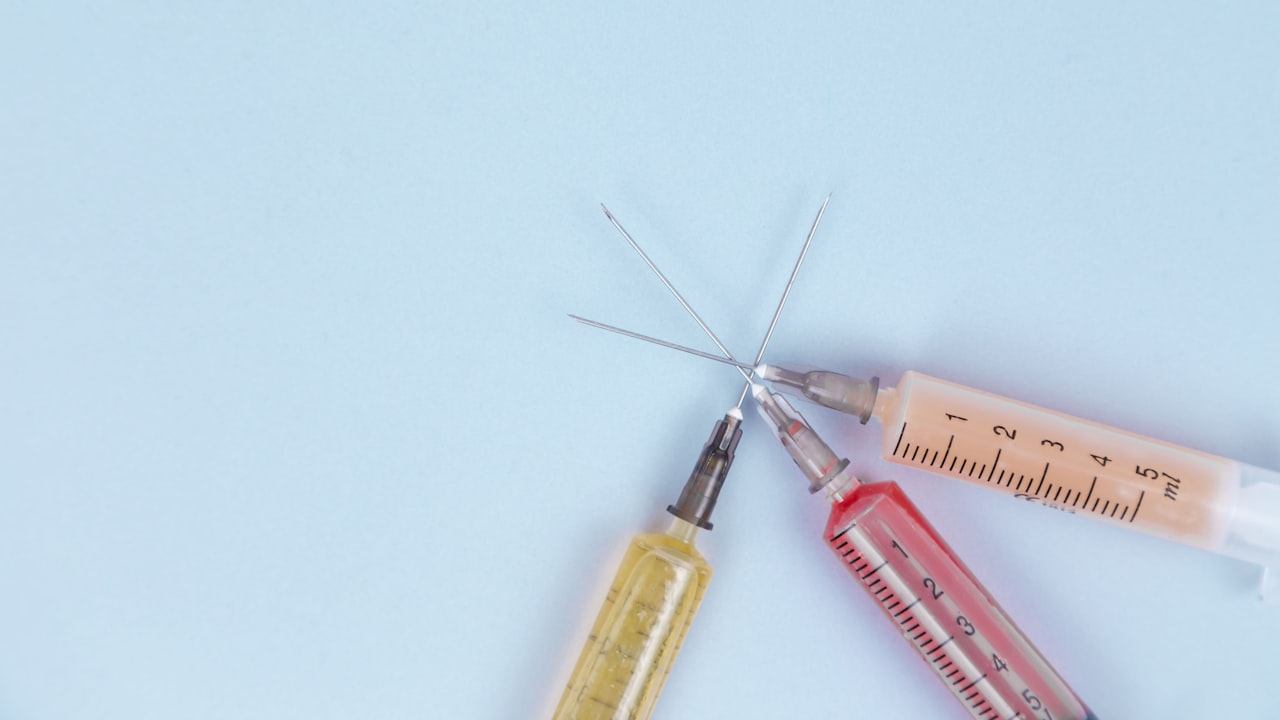Title: Designing High-Quality Injection Mold: Techniques and Considerations
Injection molds play a crucial role in the manufacturing industry, particularly in the production of plastic products. To ensure the production of high-quality plastic components, it is essential for injection mold factories and suppliers to focus on designing efficient and precise molds. This article will explore the key techniques and considerations involved in designing high-quality injection molds.
First and foremost, the design of an injection mold must take into account the specific requirements of the intended plastic product. This includes considerations such as the material used, the desired shape and size of the product, and any special features that need to be incorporated. Working closely with the clients to understand their requirements is crucial in this phase of the design process.
Precision is another important factor in designing high-quality injection molds. The mold must be designed with tight tolerances to ensure that the final product meets the required specifications. This involves using advanced design software and machining techniques to achieve the desired level of precision in the mold.
Efficiency is also key in injection mold design. The mold should be designed in a way that minimizes cycle times and maximizes production output. This can be achieved through the use of innovative design features such as hot runners, cooling channels, and efficient part ejection systems.
Moreover, durability and longevity are important considerations in injection mold design. The mold should be made from high-quality materials that can withstand the rigors of repeated use. Regular maintenance and cleaning procedures should also be implemented to prolong the life of the mold.
In conclusion, designing high-quality injection molds requires a combination of technical expertise, precision, efficiency, and durability. By focusing on these key techniques and considerations, injection mold factories and suppliers can ensure the production of top-notch plastic components that meet the standards of their clients.

 Title: Designing the Ideal Injection Molds for Manufacturing Efficiency
Title: Designing the Ideal Injection Molds for Manufacturing Efficiency